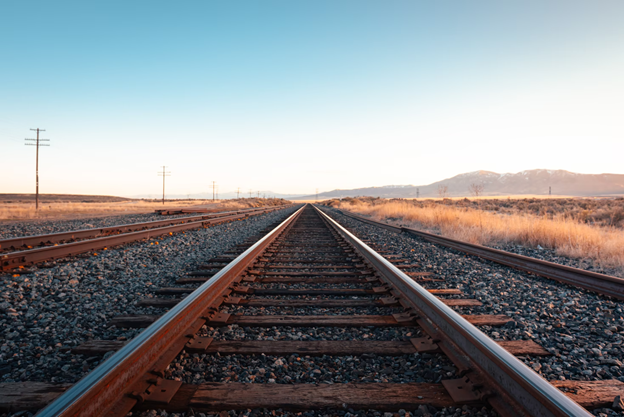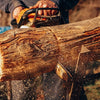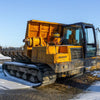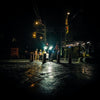Industry in Focus: Rail Infrastructure

According to recent publications, around 240,000 people in the UK are employed by the rail industry—67.8% of these people work in infrastructure.
Rail infrastructure is a big industry in the UK with over 20% of all European passenger journeys currently taking place in the country, across 32,000 kilometres of track and through 2,500 stations.
Over 20,000 train services run every day, however, it’s a sector that has really felt the impact of the COVID-19 pandemic. As we faced lockdowns and work-from-home schemes, the number of people travelling by train dropped to unprecedented levels dealing a hard blow to the industry.
Switching to Sustainable Methods of Travel
Although the number of people using railway services in the UK has been low since the start of the pandemic, we can expect this number to start rising in the future—especially as people look to use more eco-friendly methods of travel.
Railways are one of the greenest transport methods available and are a great alternative to driving. As customers get more eco-conscious, we can expect the number of train journeys to increase.
The industry is also getting greener, with Network Rail announcing a number of updates to train stations that include using solar power to generate electricity, rainwater harvesting and using sustainably sourced materials for seating in stations.
Great British Railways
The UK Government unveiled in March 2021 that it has created Great British Railways. This is a planned state-owned public body that will run all aspects of the railway, subsuming Network Rail.
The hope is that GBR will create a simpler and more accountable rail system that’s better for rail companies, employees, and customers. The passenger focused body plans to introduce modern fares and more reliable services with most trains being operated by private partners.
Health & Safety
Employees of the rail infrastructure face a variety of hazards in their work every day, from working on electric lines, using ballast brushes, and coming into contact with dust and debris.
Staff injuries are very common, so it’s become even more important that the industry continues to invest in proper PPE and workwear to keep employees safe while on the job.
Many rail infrastructure companies provide employees with durable workwear that’s fit-for-purpose and made using high-quality materials. This will continue to be extremely important in the future to prevent any further injuries in the workforce.
Alongside issues with PPE, the industry has also been greatly affected by the COVID-19 pandemic which saw record low numbers of train journeys; staff furlough schemes and now a slow return to normal.
Over the course of the pandemic, the government paid around £12 billion to keep railways running, underlining its vital role in our nation’s productivity and connectivity.
-
Posted in
industry in focus, industry news, PPE, rail infrastructure, railways, workwear





